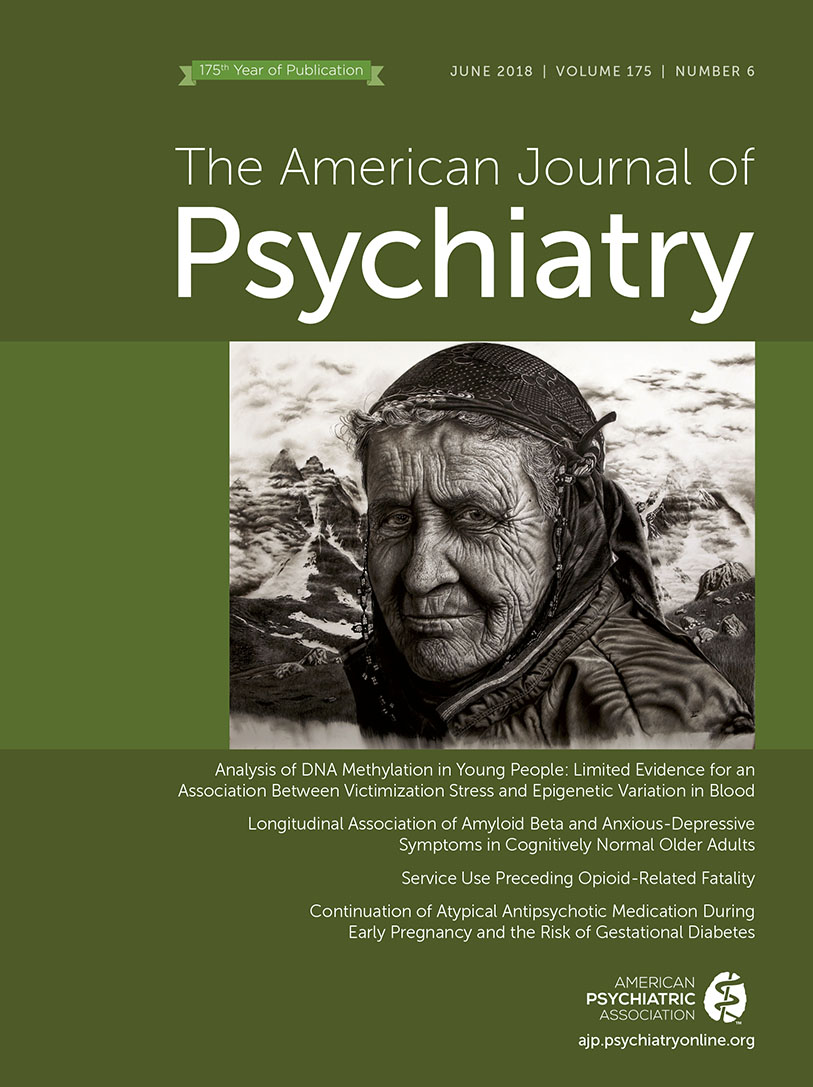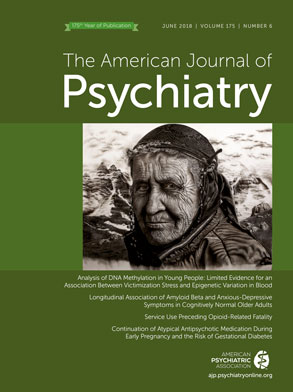Dr. Sandro Galea is a psychiatrist, the dean of the School of Public Health at Boston University, and a wonderful storyteller. He is out to change the narrative, the way we think, feel, and act about the health of populations of people.
As a physician, Dr. Galea is of course mindful of the care of the individual patient. And he shows us in this collection of 50 essays written over the past 2 years, with science and stories, that our collective efforts cannot stop there. As has been said, Americans are prone “to confound health care with health” (
1). We know now that only 10% of our health (and mental health) is determined by medical care, while environment and our behaviors (like diet; physical activity; excessive consumption of alcohol and other drugs, especially tobacco) account for 50%−70% of our health; our genes make a difference, up to 20%, but do not forget about epigenetics and how much our lives influence genetic expression, for better and worse (
2).
“At heart,” writes Dr. Galea, “public health is concerned with the social, economic, cultural, and political conditions that shape the health of populations” (p. 1). To realize healthier populations of people, in our country and around the world, physicians (and other health care professionals) and citizens will need to look past the doctor’s office or medical center and protect or improve conditions in the community by addressing education, poverty and economic inequity, food (in)security, violence, racism, and social inequities. We are spending so much money on health care in the United States and getting so little in return.
Our health care narrative has been overtaken by finding the “right (and new and hugely expensive) pill” and the best surgical intervention, by altering the genome, and by personalized medicine. How much will all that improve our health, lifespan, and well-being? Yet it will drive the cost of health care to 19% of the country’s gross national product. Despite the vast sums of money spent, the United States has gone from being number 1, decades ago, to being near the bottom of the rankings of developed nations when it comes to the health and longevity of its citizens.
Dr. Galea’s essays, because of the keenness and wisdom of his vision, focus on subjects as varied as vaccines; racism, sexism, and violence; immigrants and war; empathy; lifestyle; media; firearms; disaster (Dr. Galea was one of the leading researchers on mental health in New York City after 9/11 and on what predicts resilience); incarceration; and alcohol and tobacco, where the greatest causes of preventable morbidity and mortality exist, worldwide. These are but a few examples.
Take, for example, his essay on vaccines. He tells us the story of how one of the most effective public health interventions (namely, vaccines against infectious diseases like measles, mumps, and rubella) has taken a sad step “backward” (pp. 187–191). He highlights the deeply uninformed movement that blames vaccines for the increased prevalence of autism. He quotes Paul Krugman, who described the antivaccine movement as “zombie ideas … policy ideas that keep being killed by evidence, but nonetheless shamble relentlessly forward, essentially because they suit a political agenda” (
3).
Dr. Galea’s essays, like this one on vaccines, are all grounded in proven public and population health principles and facts. He teaches us with a fine writer’s craft—with clarity, brevity, and humanity, and his writing is enlivened with personal, cultural, and historical tales that reach beyond our cerebrum into our hearts.
He is also keenly aware that changing the current narrative, improving the health of populations, is not readily achieved. Dr. Galea recognizes as well how the self-interests of the major medical industries, like pharmaceutical and device companies, hospitals, and insurers, will stand in the way. Yet he is a firm, eloquent, and deeply informed expert out to change and improve the world we live in.
Health care professionals and patients have everything to gain from changing the prevailing medical narrative to that of prevention and altering the social determinants of our health (and mental health). That is how we will improve the lives of generations to come, our children, grandchildren, friends and neighbors, and the global community we inhabit.


